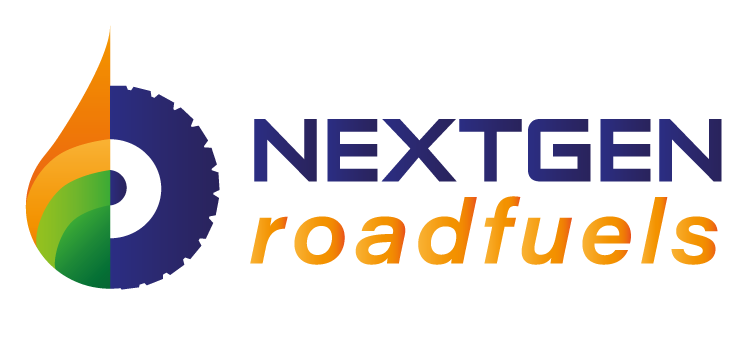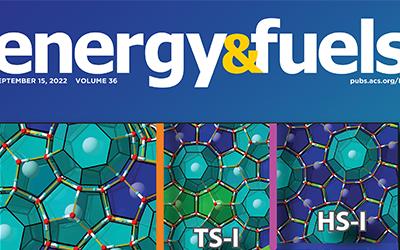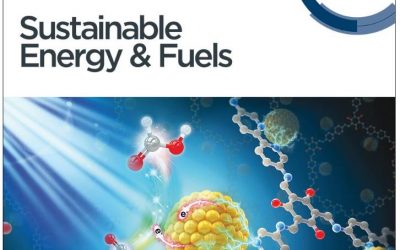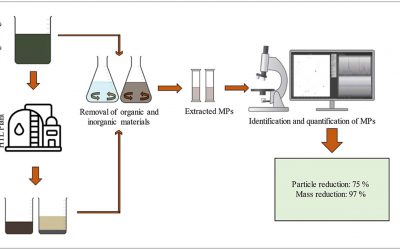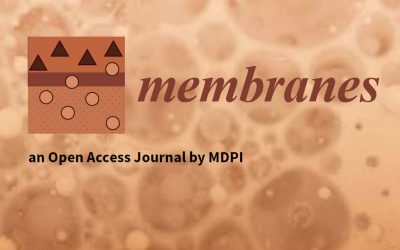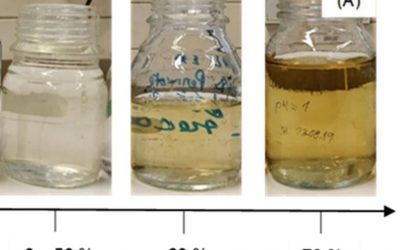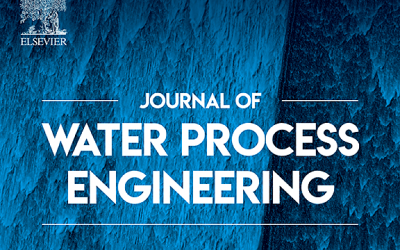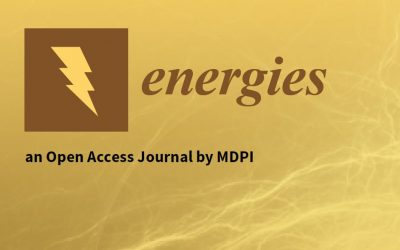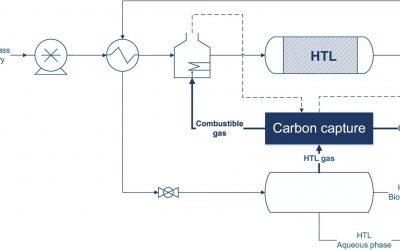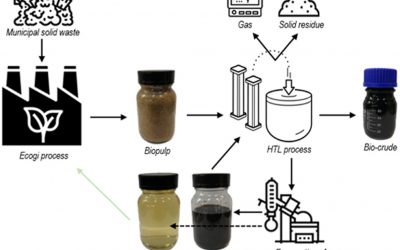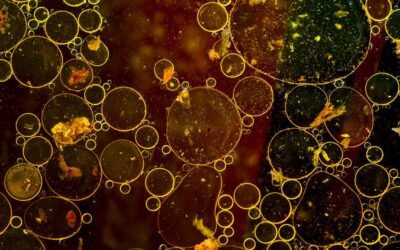Understanding the Upgrading of Sewage Sludge-Derived Hydrothermal Liquefaction Biocrude via Advanced Characterization
Abstract: Hydrothermal liquefaction (HTL) can thermochemically transform sewage sludge into a biocrude with high energy content, high chemical complexity, and high O and N content. The development of an efficient upgrading process for such complex feedstocks...
Hydrotreating of bio-crude obtained from
hydrothermal liquefaction of biopulp: effects of
aqueous phase recirculation on the hydrotreated
oil
Abstract Aqueous phase recirculation (APR) during the hydrothermal liquefaction (HTL) process is a means to enhance HTL performance and lower the need for intensive residual water treatment. However, the obtained HTL bio-crude cannot be considered a drop-in biofuel...
Microplastics degradation through hydrothermal liquefaction of wastewater treatment sludge
Abstract Wastewater treatment plant sludge contains large quantities of microplastics (MPs), which is a problematic substance that impedes sustainability efforts, such as in land management. MPs are resilient to degradation, but extreme conditions, such as high...
Treatment of Hydrothermal-Liquefaction Wastewater with Crossflow UF for Oil and Particle Removal
Abstract This study aims to evaluate the application of ceramic ultrafiltration membranes in the crossflow mode for the separation of particles and oil in water emulsions (free oil droplets and micelles) from hydrothermal-liquefaction wastewater (HTL-WW) from the...
Membrane distillation as a second stage treatment of hydrothermal liquefaction wastewater after ultrafiltration
Abstract The aim of this study is the utilization of membrane distillation (MD) in the treatment of hydrothermal liquefaction wastewater (HTL-WW) to recover ammonium in the condensate. Experiments were carried out using MD under air–gap configuration with HTL-WW...
Treatment of hydrothermal liquefaction wastewater with ultrafiltration and air stripping for oil and particle removal and ammonia recovery
Abstract This study aims to evaluate the application of ultrafiltration technology for the separation of particles and oil droplets and the recovery of ammonia from hydrothermal liquefaction (HTL) wastewater. Real HTL wastewater from the hydrothermal liquefaction of...
Bio-Crude Production Improvement during Hydrothermal Liquefaction of Biopulp by Simultaneous Application of Alkali Catalysts and Aqueous Phase Recirculation
Abstract This study focuses on the valorization of the organic fraction of municipal solid waste (biopulp) by hydrothermal liquefaction. Thereby, homogeneous alkali catalysts (KOH, NaOH, K2CO3, and Na2CO3) and a residual aqueous phase recirculation methodology were...
Techno-economic evaluation of carbon capture via physical absorption from HTL gas phase derived from woody biomass and sewage sludge
Abstract Due to its capability to produce negative CO2 emissions, bioenergy in combination with carbon capture and storage (BECCS) has been identified as a key technology to limit global warming and to support the energy transition in pursue of the climate targets of...
Hydrothermal liquefaction of pre-treated municipal solid waste (biopulp) with recirculation of concentrated aqueous phase
Abstract This study investigates the integration of a biomass mechanical pretreatment technology and hydrothermal liquefaction for the valorization of biopulp; the organic fraction of municipal solid waste. A preliminary screening of the hydrothermal liquefaction...
Sequential Hydrothermal Processing of Sewage Sludge to Produce Low Nitrogen Biocrude
The problem that surrounds the reutilization of sewage sludge is caused by its water content. The valorization of wet sewage sludge to useful products has the potential to augment energy production…
